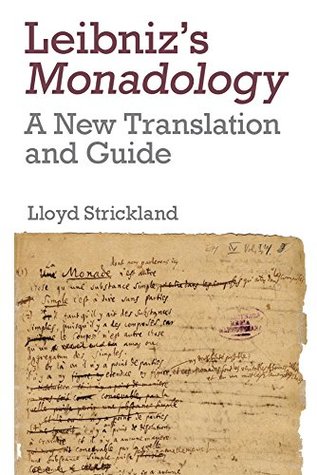which holds that ‘like causes like’, or ‘like can only be caused by like’. This principle was popular among the Scholastics, and was often assumed to be true by early modern philosophers as well.101 According to this principle, motion causes motion, and perception causes perception, but there can be no causality across different categories; so for example, motion cannot cause perception, and perception cannot cause motion.
Welcome back. Just a moment while we sign you in to your Goodreads account.


